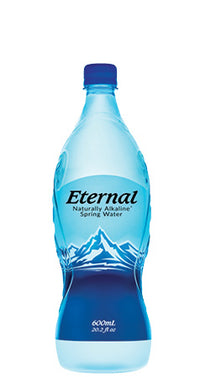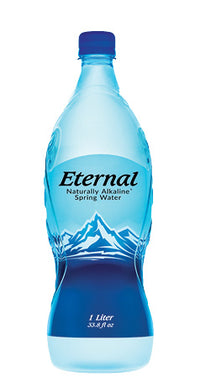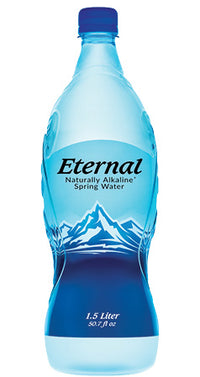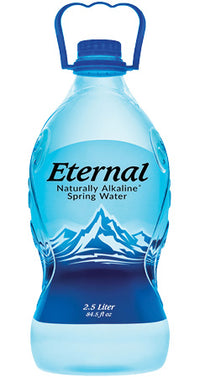
There's no debate that water is essential to life. The quality of that water has an impact on our lives. However, there are many types of water to choose from, which can lead to confusion. Among those are spring water and purified water. Many people misunderstand the differences and nuances existing between the two.
Today, we'll examine spring water vs. purified water. We will also provide some tips for choosing the best type of water for you.
What Is Spring Water?
Spring water naturally flows from an underground spring or aquifer to the Earth’s surface. These springs can be found in various locations, often in hilly or mountainous areas.
Spring water’s most significant benefits are its purity and clarity because the water travels through layers of ancient rock and soil that act as a natural filtration process to remove impurities.
This filtration process can also lead to a natural infusion of electrolytes, such as calcium, magnesium, and potassium. The amount of these minerals present in spring water can vary depending on the source and geological formations through which the water flows. We have an electrolyte water guide available for those seeking more detailed information on electrolyte-rich water.
Many people find spring water to have a clean, refreshing taste due to the natural filtration process and mineral content.
The FDA regulates spring water to ensure consumer safety. To offer its "spring water" label, the FDA mandates that the water must originate from an underground water source and flow naturally to the surface. They also require all labels to disclose the source of the water.
Lastly, the manufacturer can't add minerals. The minerals present in spring water must naturally occur due to the spring water’s journey through rock formations.
Eternal Water is an excellent example of naturally alkaline spring water, enriched by the minerals it gathers during filtration. Eternal Water is available at over 65,000 locations nationwide. Find alkaline water near you and experience a refreshing, pure water experience.
Now that we understand the basics of spring water, let's look at purified water.
Hydrate Smarter: Subscribe for Wellness Tips
What Is Purified Water?
Purified water is municipal tap water that has been mechanically filtered or processed to remove harmful toxins and contamination from public water systems. Purified water often comes from large cities; however, the mechanical filtration process ensures it meets the purification standards.
Those mechanical filtration processes include reverse osmosis, distillation, ion exchange, and carbon filtration.
Let's get a quick overview of each filtration process:

Reverse Osmosis
This method relies on a semipermeable membrane to separate and remove impurities from water. You'll often find reverse osmosis machines in corporate offices and grocery stores like Whole Foods.
Distillation
Distillation evaporates the water, condenses the vapor, and detaches impurities from the water.
Ion Exchange
A lesser-known method, ion exchange relies on resins to replace original ions in the water with new ions. This process removes certain impurities and creates a purified state of water.
Carbon Filtration
Carbon filtration is a widely used method and uses activated carbon to remove impurities from water. This method is standard in popular water filtration products such as Brita water filters and particular refrigerator and sink water systems. These filters must be changed over time to maintain their effectiveness.
Taste and Aesthetic Differences
The taste of water significantly impacts our choice of bottled water. Purified water generally offers a neutral taste due to the lack of natural minerals. Whereas spring water tends to have a clean and refreshing taste, thanks to the natural filtration process and the addition of natural minerals and electrolytes.

Conclusion
The main differences between spring and purified water are the source and how they're filtered. Spring water typically comes from pristine and remote locations, while purified water comes from municipal tap water in large cities.
Spring water naturally filters through rocks, adding minerals and removing impurities. Purified water, on the other hand, is municipal water that uses various mechanical filtration methods. Both are FDA-regulated.
In terms of taste, purified water is usually neutral, while spring water is often seen as pure and crisp, though taste can vary from person to person.
Ultimately, the choice between spring water and purified water comes down to personal preference. We prefer our naturally alkaline spring water, thanks to its distinct spring locations, remote from industrialization, and the natural minerals and electrolytes that make it special. You can find our alkaline water at over 65,000 stores nationwide.



